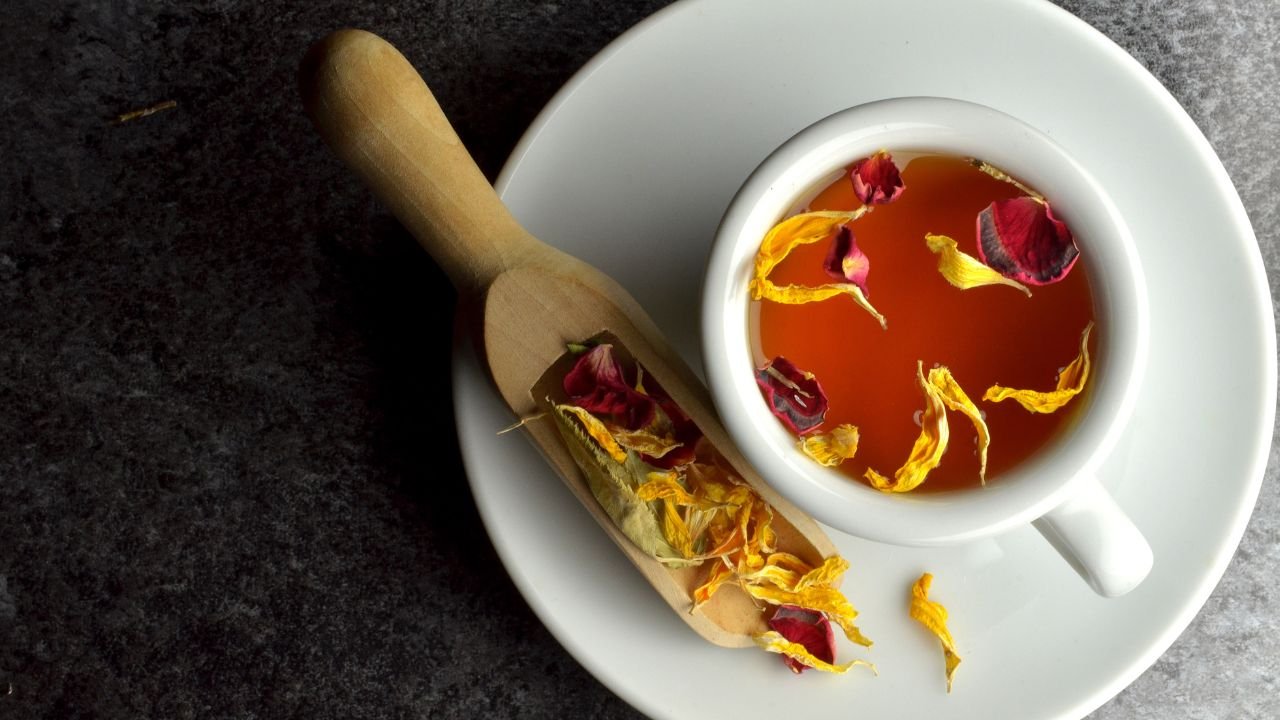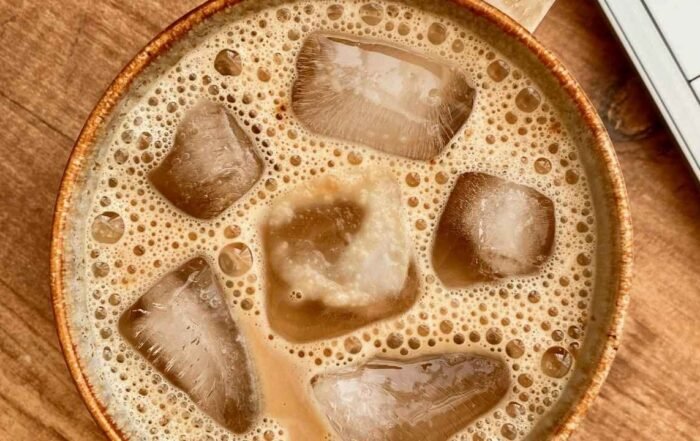
Finding the ideal coffee alternative can be difficult whether you are struggling with stomach problems, jitters, or simply want to reduce caffeine. The beneficial news is: Many delicious drinks can give you energy, warmth, and pleasure without the drawbacks of coffee.
Best Coffee Alternatives
| Alternative | Caffeine Level | Energy Boost | Taste Profile | Best For |
| Green Tea | Medium | Steady | Light, grassy | Gentle energy |
| Matcha | Medium-High | Sustained | Rich, earthy | Focus boost |
| Yerba Mate | High | Strong | Herbal, bold | Coffee lovers |
| Chicory Coffee | None | Mild | Bitter, coffee-like | Decaf seekers |
| Golden Milk | None | Warming | Spicy, creamy | Evening ritual |
| Kombucha | Low | Light | Tangy, fizzy | Gut health |
| Herbal Tea | None | Calming | Varies | Relaxation |
| Hot Chocolate | Low | Comforting | Sweet, rich | Comfort drink |
| Mushroom Coffee | Low-Medium | Balanced | Earthy, mild | Health conscious |
| Dandelion Tea | None | Detoxifying | Bitter, nutty | Liver support |
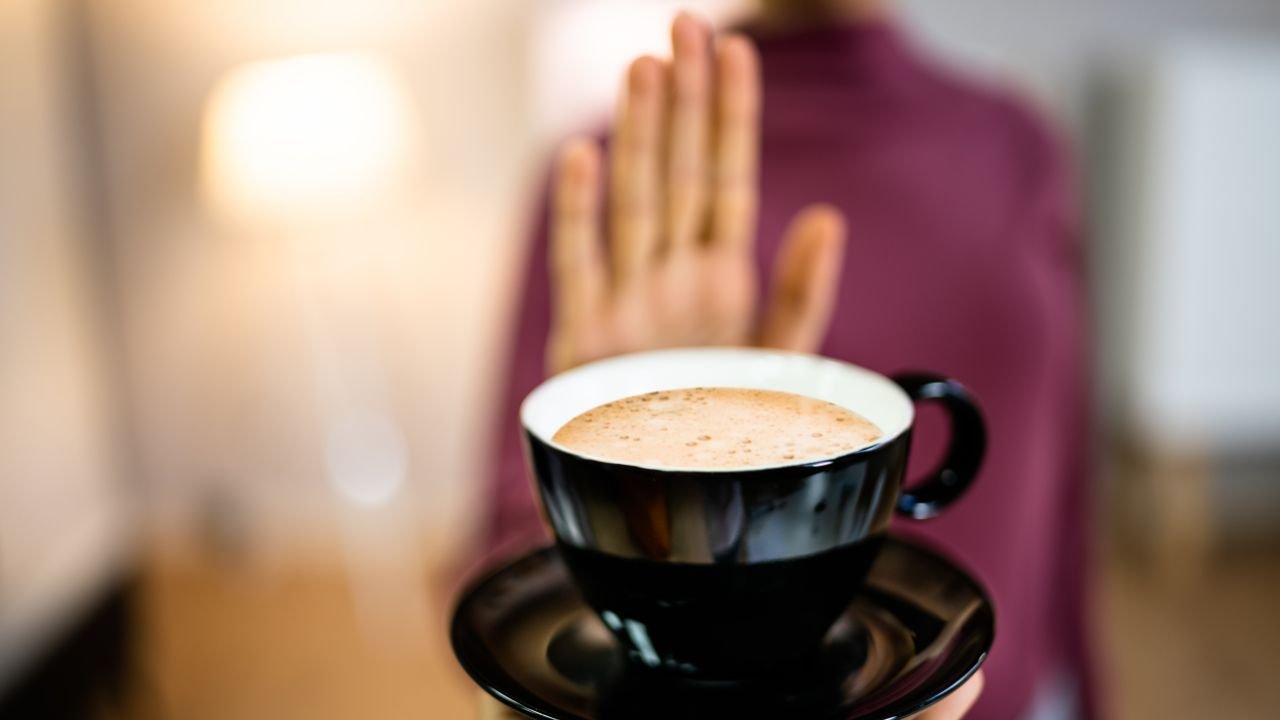
Lets Go In A Little Depth On Each Coffee Alternative
Green Tea
Green tea is a fantastic coffee substitute as it offers you a mild energy boost free from the crash. Unlike the rapid caffeine rush of coffee, green tea distributes its energy gradually via an amino acid known as L-theanine.
Hours follow from this, which calms and concentrates. You will get about half the caffeine of coffee, therefore you may consume it later in the day without experiencing sleep loss. Green tea also offers antioxidants that boost your immune system. Explore several types, jasmine or sencha among others, to discover your preferred taste.
Matcha
By providing you with the entire leaf in powdered form, matcha elevates green tea to another level. This implies you have greater energy and more nutrients than standard tea. Matcha’s caffeine operates somewhat from that of coffee; it offers sustained energy for 4–6 hours without crashes or nerves.
Many individuals discover that matcha enhances their focus during study or work sessions. Whisking matcha powder is also a mindful morning habit preparation ceremony. For best flavor, begin with ceremonial grade matcha combined with hot water or your preferred milk.
Yerba Mate
Should you miss the powerful kick of coffee, yerba mate may become your new best buddy. This South American beverage offers its caffeine more smoothly than coffee does, roughly equal amounts, but with less sharpness.
Many Yerba mate users claim that coffee’s anxiety is lacking and they feel alert and concentrated. The classic way to sip it is from a metal straw-drawn gourd, but for simplicity tea bags may be acquired. Like stronger green tea, the taste is grassy and mildly bitter. Many athletes consume yerba mate before exercise since it increases both energy and endurance.
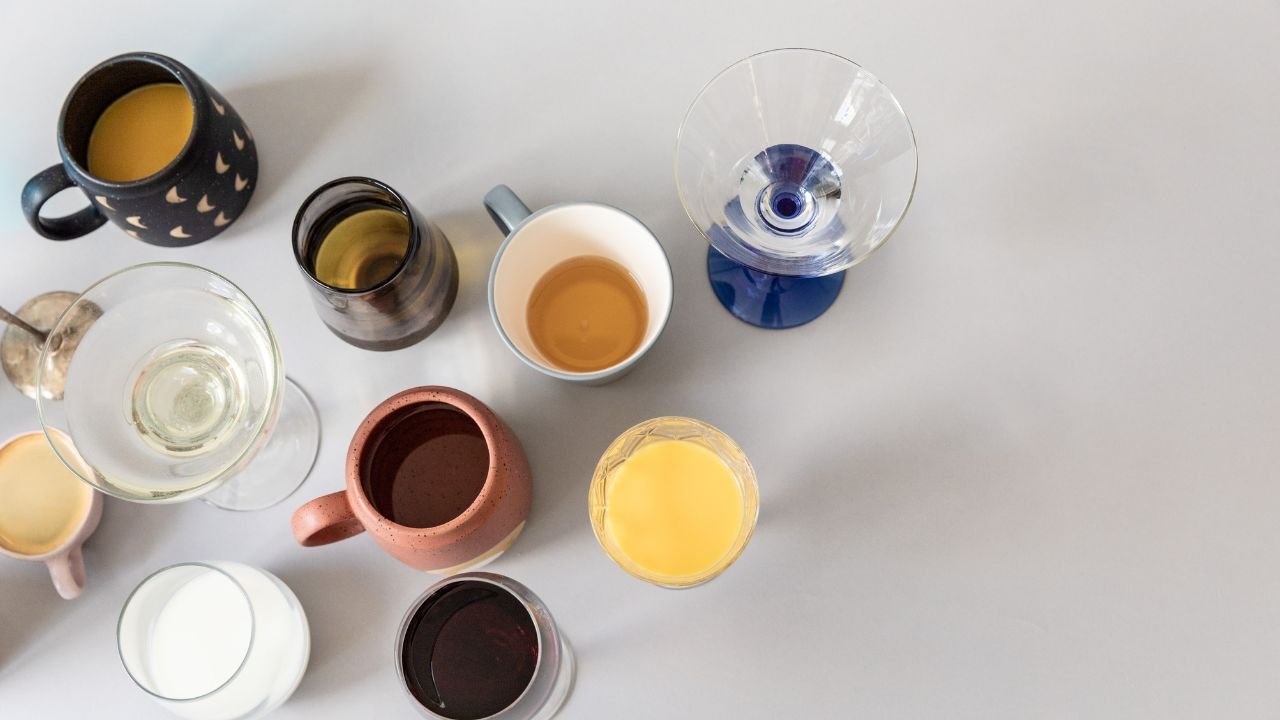
Chicory Coffee
Chicory coffee has zero caffeine but tastes quite like ordinary coffee. Made from roasted chicory root, this beverage has served as a coffee replacement for millennia, particularly in New Orleans. Rich, a little bit bitter, nutty flavor is close enough to deceive your senses if you’re longing for the taste of coffee but want to avoid the stimulation.
Chicory also has inulin, a fiber promoting digestive health. It can be consumed plain, sweetened and milked, or combined with decaf coffee to create a low-caffeine mix still familiar.
Golden Milk
Golden milk, also known as turmeric latte, provides warmth and comfort free of any caffeine. Milk of your choice is combined with turmeric, ginger, cinnamon, and other spices for this creamy beverage. The outcome is a golden-colored drink with anti-inflammatory properties and great taste.
Many people find golden milk soothing in the evening, so it’s great for individuals trying to quit having coffee late in the day. The spices might aid in lowering bodily inflammation; the ritual of preparing it is as pleasing as brewing coffee.
Kombucha
Though it is just as energizing as coffee, kombucha provides a completely different experience. A little caffeine for a mild pick-me-up is combined in this fermented tea beverage with probiotics helping gut health. Your taste buds are wonderfully awakened by the fizzy, tangy flavor.
There are several kombucha flavors ranging from green tea to berry to ginger. Naturally, the fermentation process produces B vitamins that aid in food to energy conversion. Starting your digestive system and giving consistent energy without the caffeine jitters is drinking kombucha first.
Herbal Tea
Ideal for nighttime consumption or sensitive caffeine consumers, herbal teas provide infinite diversity without any caffeine. The cooling sensation and energizing aroma of peppermint tea help you naturally rejuvenate yourself. Ginger tea offers a warm spicy jolt that will gently wake you up. Many coffee drinkers appreciate rooibos’s inherently sweet, vanilla-like flavor.
Usually offering other advantages, these teas include chamomile for relaxation, ginger for digestion, and peppermint for concentration improvement. Your morning coffee regimen can be easily replaced by the custom of steeping and drinking hot tea.
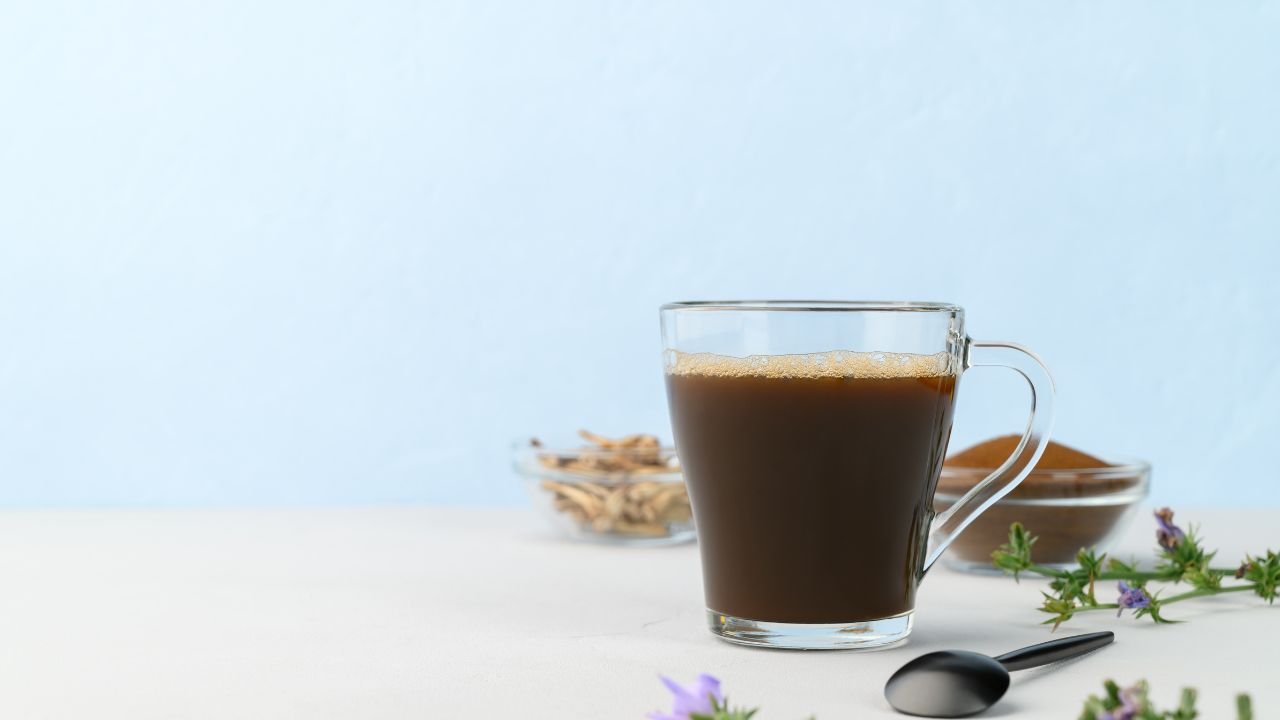
Hot Chocolate
Sometimes you want comfort more than caffeine, and hot chocolate provides just that. Small quantities of natural stimulants such theobromine found in genuine hot chocolate produced from cocoa powder offer a mild mood lift without tremors. Particularly when you add marshmallow or whipped cream, the rich, creamy texture pleases like coffee does.
Dark chocolate varieties provide antioxidants comparable to those in coffee. Hot chocolate is especially good for an evening beverage or afternoon snack when you want something warm and pleasant but don’t want to disturb sleep.
Mushroom Coffee
Regular coffee or coffee substitutes are combined with medicinal mushrooms such as lion’s mane, chaga, or reishi in mushroom coffee. These beverages provide sustained energy and other health advantages although often less caffeine than conventional coffee. Lion’s mane mushrooms could help one’s attention and brain activity. Chaga offers antioxidants; Reishi helps to control stress.
Coffee aficionados searching to cut caffeine without abandoning their morning ritual will love the earthy, somewhat nutty flavor. Many companies provide instant solutions that dissolve quickly in hot water, making them perfect for hectic mornings.
Dandelion Tea
Although dandelion tea might seem strange, it is a surprisingly acceptable substitute for coffee. Dark, bitter beverage made from roasted dandelion root has the same flavor profile as coffee. Dandelion tea lacks caffeine like coffee does, but it does give liver-supporting effects that some people find stimulating in a different way.
Particularly when you add milk or sweetener, the faint bitterness can fulfill coffee cravings. Dandelion tea also contains vitamins A, C, and K. Some people find that dandelion tea aids digestion and lessens bloating, therefore increasing their daily energy levels.
Final Thoughts
Cutting off coffee doesn’t have one give up on delectable, stimulating drinks. There is a substitute to meet your needs whether you need caffeine, wish to have health advantages, or just miss the ritual of a warm morning beverage. Begin with one or two possibilities appealing most to you, then explore others to find fresh favorites. Your body and your taste buds may appreciate the shift.




